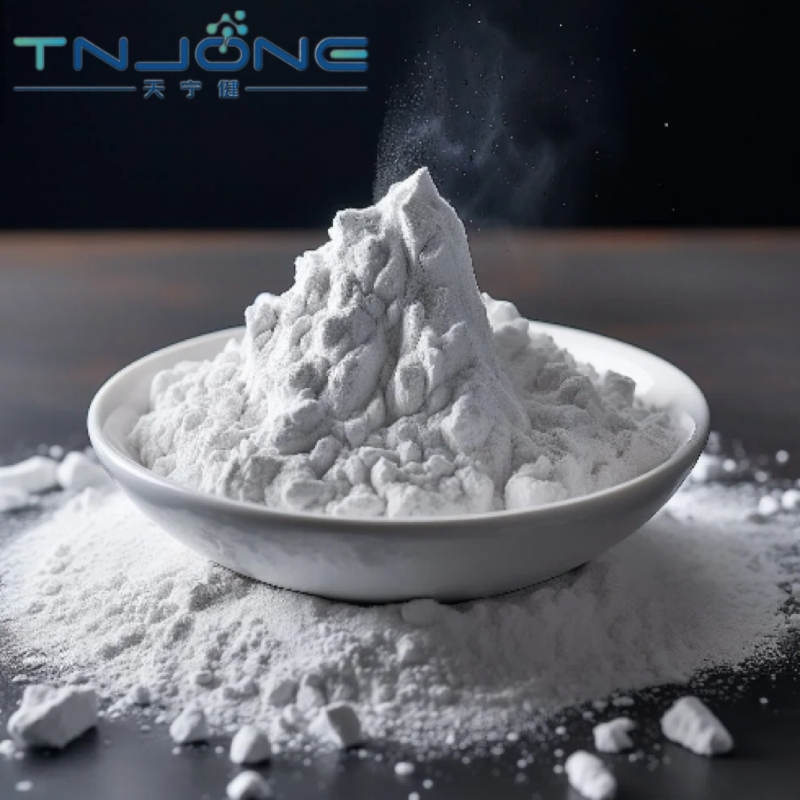-
Categories
-
Pharmaceutical Intermediates
-
Active Pharmaceutical Ingredients
-
Food Additives
- Industrial Coatings
- Agrochemicals
- Dyes and Pigments
- Surfactant
- Flavors and Fragrances
- Chemical Reagents
- Catalyst and Auxiliary
- Natural Products
- Inorganic Chemistry
-
Organic Chemistry
-
Biochemical Engineering
- Analytical Chemistry
-
Cosmetic Ingredient
- Water Treatment Chemical
-
Pharmaceutical Intermediates
Promotion
ECHEMI Mall
Wholesale
Weekly Price
Exhibition
News
-
Trade Service
How does the clinical effect of domestic PD-(L)1 compare with the products of multinational pharmaceutical companies?
How does the clinical effect of domestic PD-(L)1 compare with the products of multinational pharmaceutical companies? Although there is no head-to-head study, it may be glimpsed from the results of the crossover test
.
Recently, at the IASLC World Lung Cancer Conference (WCLC), two domestically produced anti-PD-(L)1 projects that are preparing to enter the US market announced their research results: CStone Pharmaceuticals/EQRX's Sugelimab (Sugemalimab) and Shanghai Junshi/ Coherus' Toripalimab (Toripalimab) is expected to challenge Merck's Keytruda
.
In the crossover test, the data of CStone’s Shuglizumab and Shanghai Junshi’s Teriplizumab looked similar
In the crossover test, the data of CStone’s Shuglizumab and Shanghai Junshi’s Teriplizumab looked similar
The combination of teriplizumab and chemotherapy for the first-line NSCLC trial Choice-01 has successively announced overall survival (OS) and progression-free survival (PFS) data
.
However, PD-L1 expression does not provide a breakdown-this is an important consideration in situations where PD-L1 positivity may drive most of the survival benefits
.
In addition, on the basis of crossover trials, the absolute PFS and OS benefits and risk ratios of tereprizumab do not look as impressive as Keytruda's Keynote-189 and 407 studies
Choice-01 also includes stage IIIB non-small cell lung cancer, while the competitor's trial adheres to relatively more advanced stage IV patients
.
In addition, CStone's Gemstone-302 of Shuglizumab has a similar design to Choice-01, and compares first-line Shuglizumab plus chemotherapy with chemotherapy alone
.
A separate Gemstone-301 study of suglimumab in phase III patients announced positive results in May
Gemstone-302 provides important details of the benefits in the subgroups defined by biomarkers and histology
.
One curiosity about Gemstone-302 is that the survival benefit of suglizumab appears to be much stronger in squamous patients than in non-squamous patients
In general, CStone's sugarizumab data looks better than Shanghai Junshi's teriprizumab, and it is more competitive with Keytruda
.
Not only that, even among PD-L1 non-expressors, suglizumab plus chemotherapy looks very good, at least in terms of numbers, both in terms of PFS and OS
Suglizumab has not been approved by any regulatory agency
.
Teriplizumab has been approved for marketing in China and began to submit rolling applications in the United States in March
At present, there are 7 anti-PD-(L)1 drugs in the United States, and 9 in China have been approved for marketing; among them, 4 and 5 have been approved for first-line NSCLC indications







